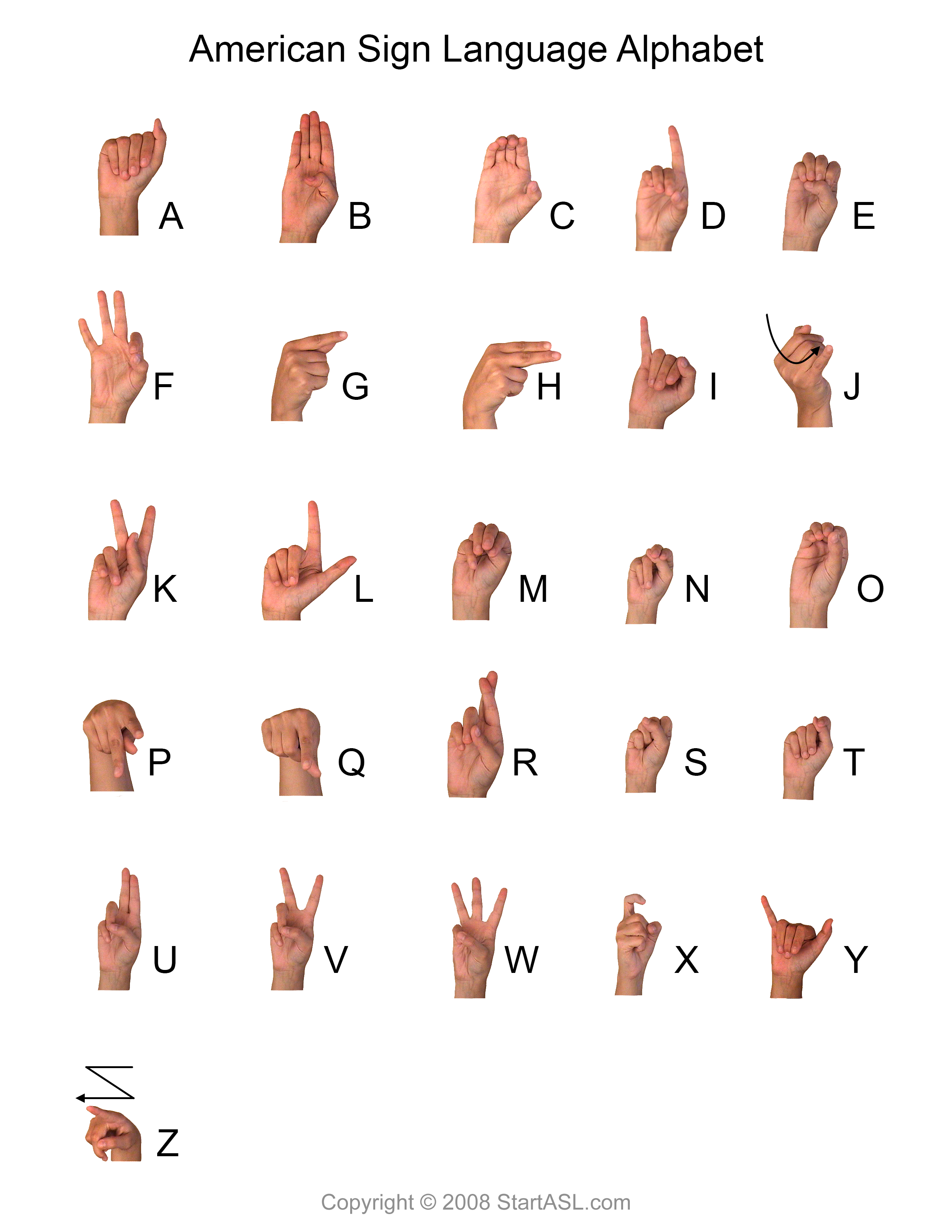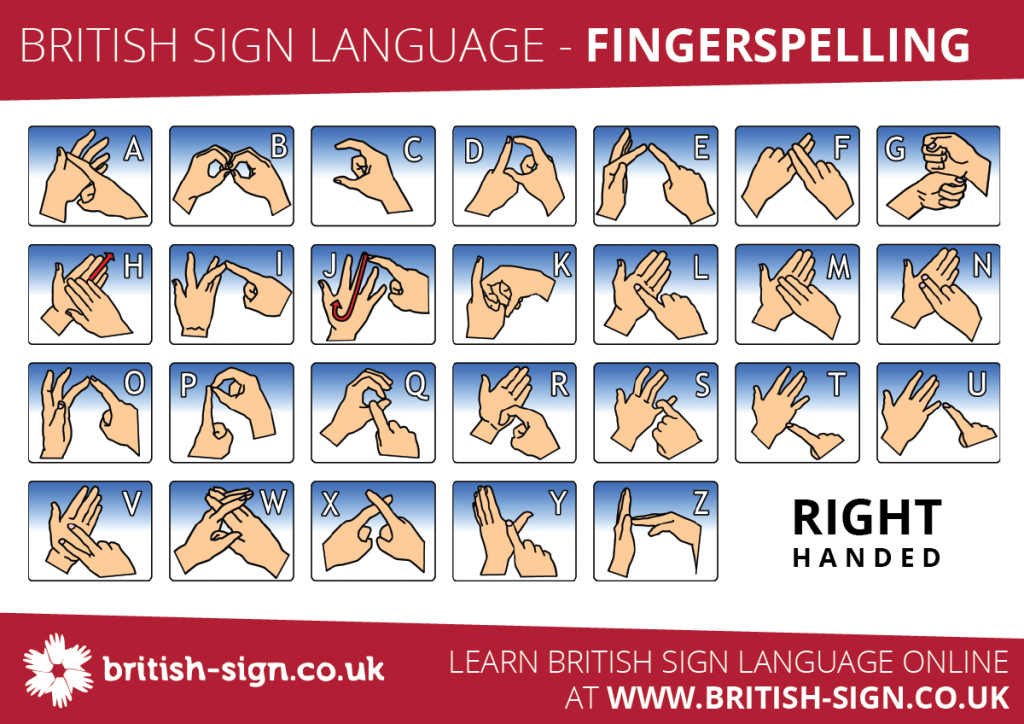I seem to recall one of the OSR blogs suggesting an easy way to get the feel of limited proficiency in a language was to communicate with only nouns - no verbs, adjectives, prepositions, etc. (though I imagine you could include interjections and pronouns without altering the feel any). This might be a way to help players get a feel for the limited expressiveness of something like Common.
You probably wouldn’t want to overuse this, and it seems to me that the Conan types don’t seem to suffer from linguistic barriers very often despite traveling all over the world, running into lost cultures, etc. If you want to emulate that feel, you could maybe say that every session around a culture increases your ability to communicate with them by 1 step along the scale:
You probably wouldn’t want to overuse this, and it seems to me that the Conan types don’t seem to suffer from linguistic barriers very often despite traveling all over the world, running into lost cultures, etc. If you want to emulate that feel, you could maybe say that every session around a culture increases your ability to communicate with them by 1 step along the scale:
- No shared language (gestures, grunts etc.)
- Limited expressiveness (communicate with nouns only; start here if both parties know Common)
- Fluency




